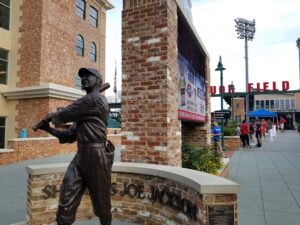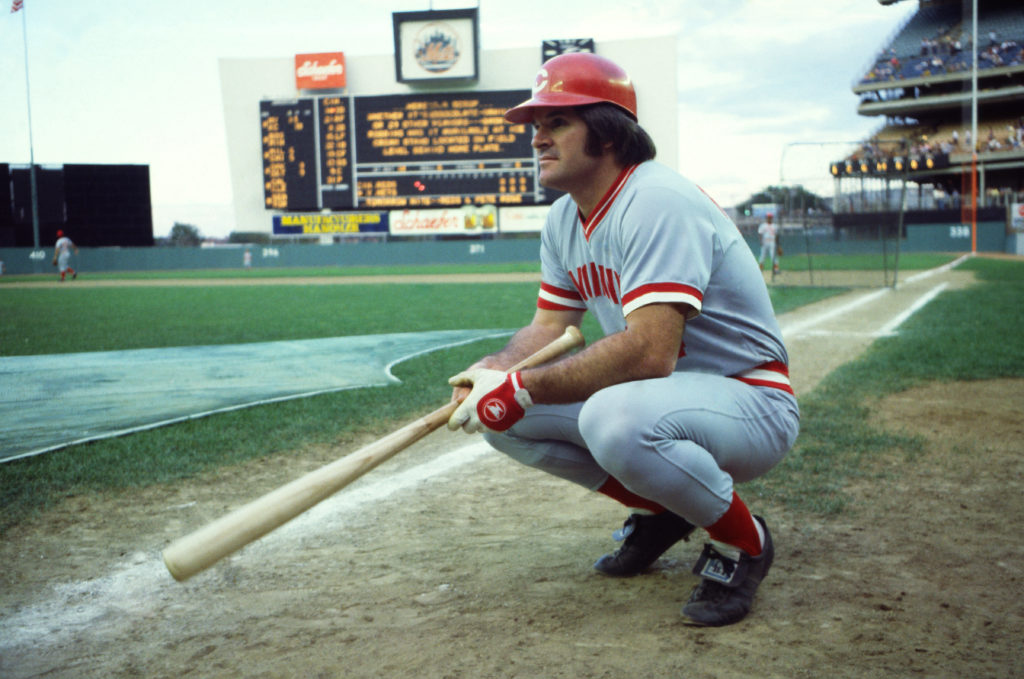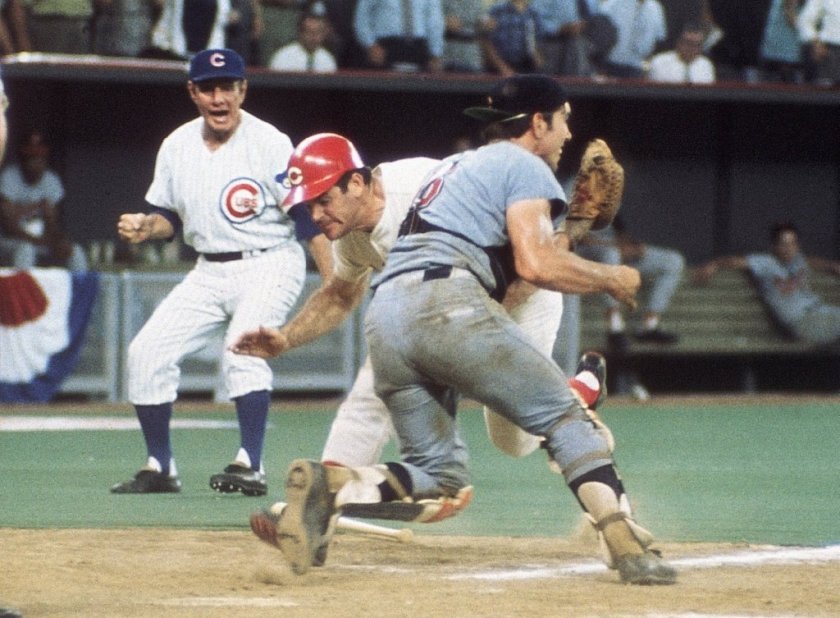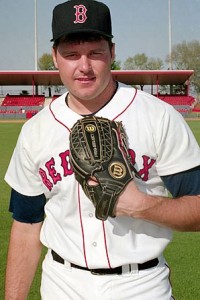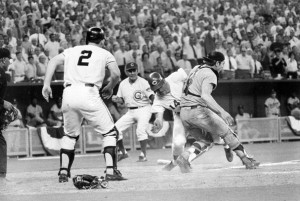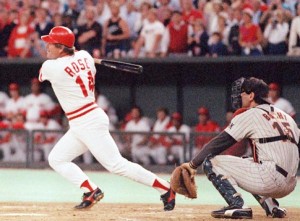Shoeless Joe Jackson: Baseball’s Brilliant and Tragic Legend 33
With the announcement last week by Major League Baseball (MLB) Commissioner Rob Manfred that time on baseball’s permanently ineligible list would end upon the death of the individual, speculation is now rampant that the two most prominent names on that list, Pete Rose and Shoeless Joe Jackson, could soon be headed to Cooperstown.
For more than a century, Jackson has been one of baseball’s most captivating and controversial figures. A man whose bat spoke louder than his words, Jackson’s legacy is a blend of dazzling talent, Southern humility, and a shadow cast by one of the sport’s darkest scandals. More than 70 years after his death and 100 years after his last official game, the debate continues: should greatness on the field redeem a transgression off it?
A Natural Talent from the Cotton Mills
Joseph Jefferson Jackson was born on July 16, 1887, in Pickens County, South Carolina, and raised in the mill town of Greenville. One of eight children, Jackson began working in a textile mill as a young boy to support his family. His education ended early, but his affinity for baseball became evident almost immediately. He played for mill teams as a teenager and quickly earned a reputation as a prodigious hitter.
Jackson’s nickname, “Shoeless Joe,” came from an instance during a mill game in which he removed a pair of blister-causing spikes and played barefoot. A reporter latched onto the image, and the name stuck for life.
Rising Star in the Big Leagues
Jackson’s professional baseball journey began when he was signed by the Philadelphia Athletics in 1908. However, his introduction to Major League Baseball was rocky. Jackson, a shy and uneducated young man unaccustomed to big-city life, struggled to adjust and was traded to the Cleveland Naps (later known as the Indians). It was in Cleveland that Jackson blossomed.
By 1911, Jackson emerged as one of the league’s top hitters, batting .408 in his first full season—a mark that still stands as the highest batting average ever by a rookie. He finished second in the American League behind Ty Cobb, who hit .420 that year. Jackson’s swing was considered one of the most graceful and effective in the history of the game, inspiring future legends like Babe Ruth.
Read the rest of this entry →